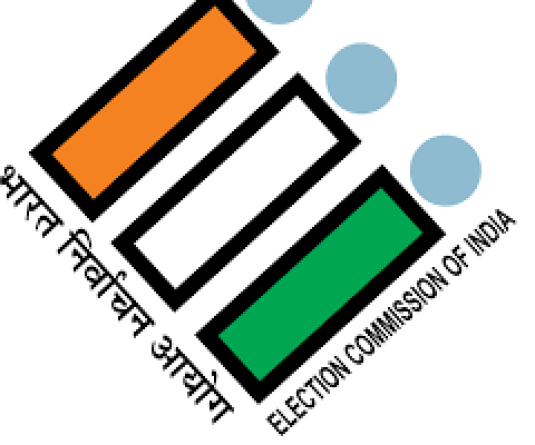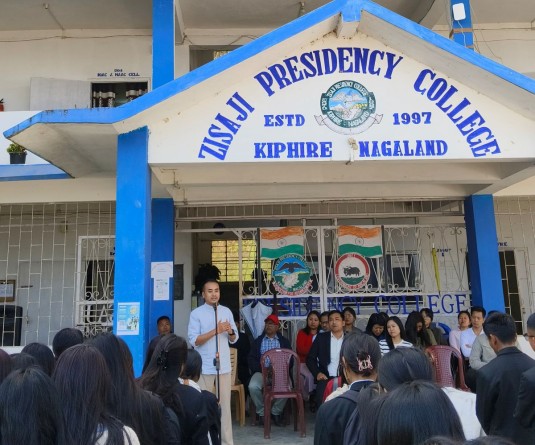NSF members agitating outside the Directorate of Higher Education. (Morung Photo)
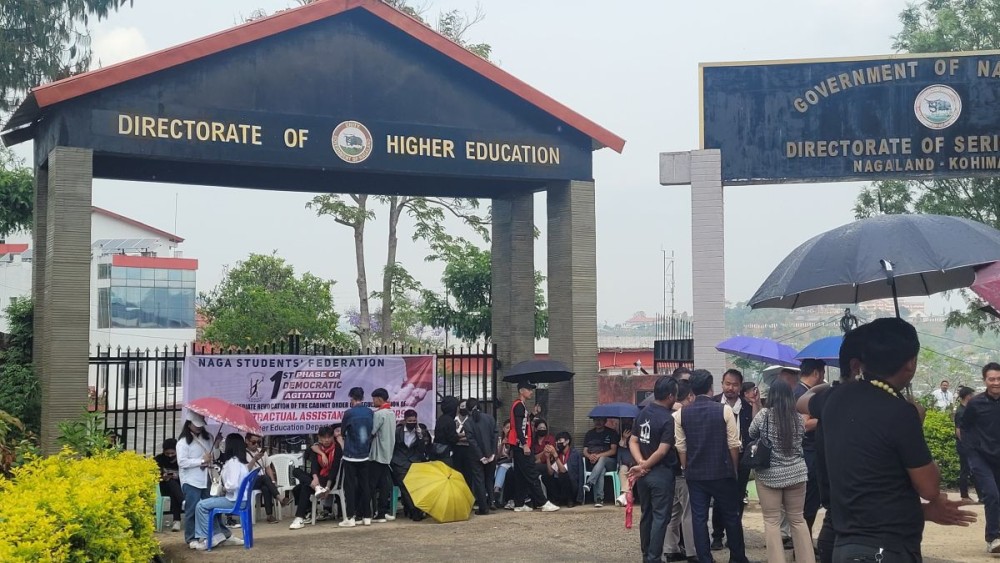
Lapses by Higher Education Dept misled the Cabinet, causing an awkward situation: KG Kenye
Morung Express News
Kohima | April 30
The Nagaland government on Tuesday revoked its earlier order regularising the services of 147 contractual assistant professors and librarians following sustained public protests and the submission of an interim report by a High Powered Committee (HPC) set up to review the matter.
The decision was taken during a Cabinet meeting held in Kohima, amid pressure from the Combined Technical Association of Nagaland (CTAN), Nagaland NET Qualified Forum (NNQF), and the Naga Students’ Federation (NSF). While CTAN and NNQF had been staging peaceful protests for six consecutive days, the NSF joined the agitation for two days and locked down the Directorate of Higher Education on the second day of its demonstration.
An official notification announcing the revocation of the absorption order dated December 17, 2024 and April 10, 2025 was also issued by the Chief Secretary on Wednesday with approval from the Cabinet.
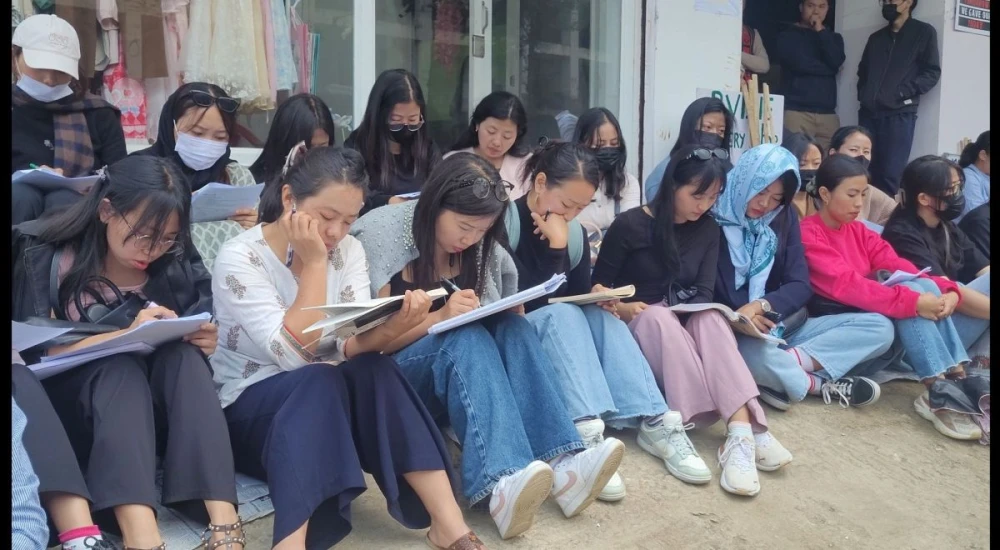
‘Procedural lapses by Dept’
Addressing the media after the meeting, Government spokesperson and Cabinet Minister KG Kenye confirmed the decision to revoke the order and claimed that procedural lapses had been committed by the Department of Higher Education, which led to the Cabinet being misinformed.
“In the first place, it is unfortunate that certain lapses have been committed by the Department of Higher Education, which misled the entire Cabinet and the government into a very awkward situation,” said Kenye.
He noted that while it was embarrassing for the Cabinet to revisit and undo its own decision, it became necessary following the findings of the HPC’s interim report.
The minister explained that prior to Tuesday’s Cabinet meeting, the Government could not act beyond placing the earlier decision in abeyance due to lack of supporting evidence.
“Today, the Cabinet received the interim report of this High Power Committee and they could provide us some basis upon which the Government, the Cabinet could take action,” he said. After thorough deliberation, the Cabinet determined that the situation warranted a full review, and thus revoked the regularisation order.
Kenye informed that the final report of the HPC is expected in about two and a half weeks. “After the final report is submitted, the Cabinet will take a final decision,” he said, adding that any further course of action will depend on the findings and recommendations of the committee.
When questioned on the delay in addressing the issue, Kenye admitted that the matter did not initially reach the Cabinet or the higher levels of government. “It never came up to the Government or the Cabinet’s level earlier,” he said, attributing the delay to internal lapses in the Department of Higher Education.
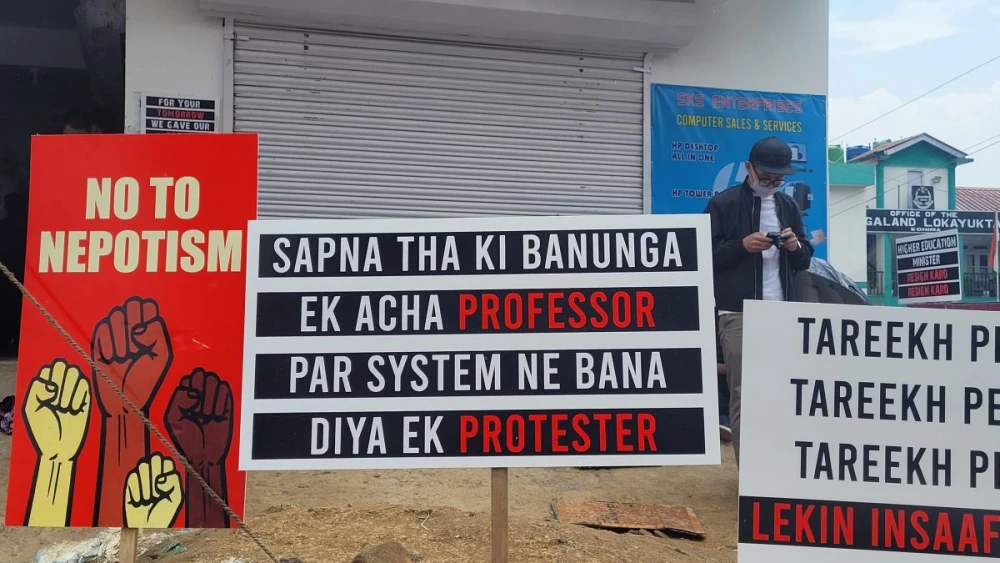
‘There will be consequences’
Regarding accountability, Kenye stated that action against officials or any responsible minister will be based on the final HPC report. “We are apprehensive that some serious consequences may take place,” he said, noting that whether the irregularities were intentional or accidental will guide the government’s response. “After certain facts are established and they submit their reports, Government certainly will take further actions,” he asserted.
On the possibility of making the HPC report public, Kenye maintained that the government believes in transparency and will inform the public of any actions taken. “If the Government is to take any action, we have to let the people know as to why we are resorting to take any actions,” he said.
Responding to questions on how the department acted without the knowledge of the government despite existing rules, Kenye expressed concern that the department circumvented protocol. “There are many ways where the Department can continue without bringing to the notice of the Government, which is not supposed to be,” he said, adding that it was only after public protests that the issue came to light. “It has escaped the knowledge of the Cabinet earlier, and it was detected only after the aggrieved parties raised their voices.”
Kenye further noted that this incident has made the government more cautious. “We are alert now. We are alert to the issues, and we cannot rule out that there are no such practices in other Departments also. We will be cautious now, in fact be vigilant,” he said. He affirmed that similar reviews may be extended to other departments if necessary, and that government rules must apply uniformly.
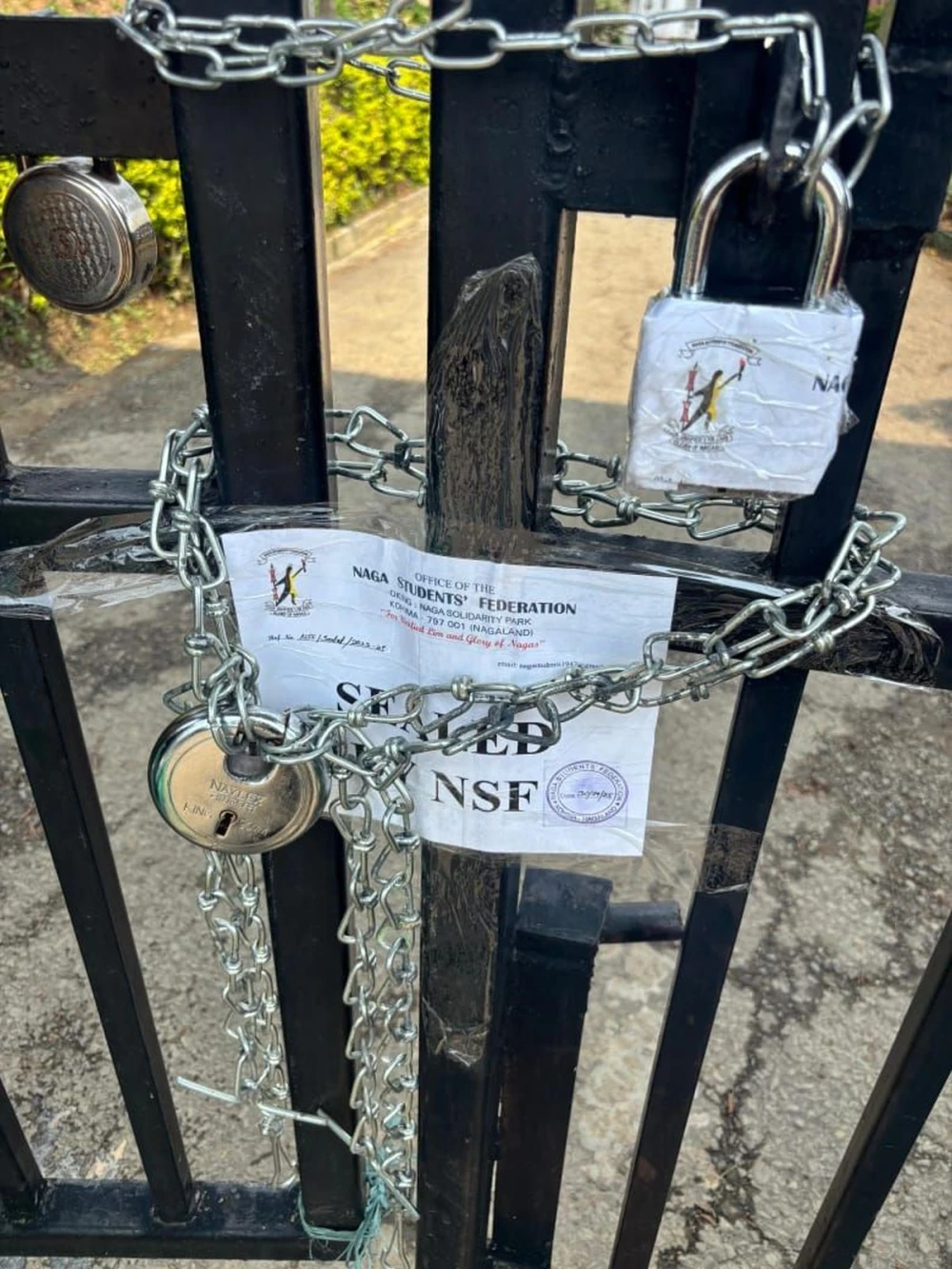
‘Segregation of 147 likely’
On the fate of the 147 contractual appointees, Kenye stated that they would not be treated as a single homogeneous group. “There are high chances that the 147 Assistant Professors may be segregated into two or three categories. It would be unjustified to just group all of them in one category,” he said. The government is considering an “amicable solution” that ensures fairness, he added. Whether the list will be sent to the Nagaland Public Service Commission (NPSC) will be decided by the Cabinet in due course.
‘A wake up call’
Asked whether the episode was a wake-up call for the government, Kenye responded affirmatively. “It certainly is. It could be only the tip of the iceberg, but we hope it is not so,” he said. He added that all departmental directors would be warned against such unauthorised appointments in future and that the Cabinet would consider issuing a formal directive to that effect.
Kenye also acknowledged the unusual nature of the Cabinet’s reversal. “A Cabinet decision is rarely reformed. The highest policy and decision-making body in a Government is the Cabinet. So, it is actually very, very embarrassing for a Cabinet to go back on its own decision,” he said. However, he said the revocation was necessary and hoped that the move would be appreciated by all concerned.
Meanwhile, status quo will be maintained for the 147 contractual appointees. “They will be on track, as they were,” said Kenye, adding that the final decision will be taken once the HPC submits its conclusive report.
Responding to a question about a statement made by the concerned Minister of Higher Education who had previously committed to revoking the order, Kenye said, “Annoying. Very annoying. That’s what the Cabinet feels.” He noted that Cabinet decisions must be made collectively and expressed disappointment over unilateral statements by ministers.
‘Govt attempting to absolve responsibility?’
When asked whether the government was attempting to absolve itself of responsibility, Kenye said the Cabinet functions on mutual trust and accountability. “The Government and the Cabinet functions as a team. Each one of the Cabinet is reposed with faith and absolute confidence that he or she is discharging the duties assigned to them in the most appropriate manner,” he said. However, he also added that those in high positions are expected to act responsibly and with integrity. “The least that we can expect is that you would behave in a manner irresponsible, which would lead us all into such a situation,” he stated.


